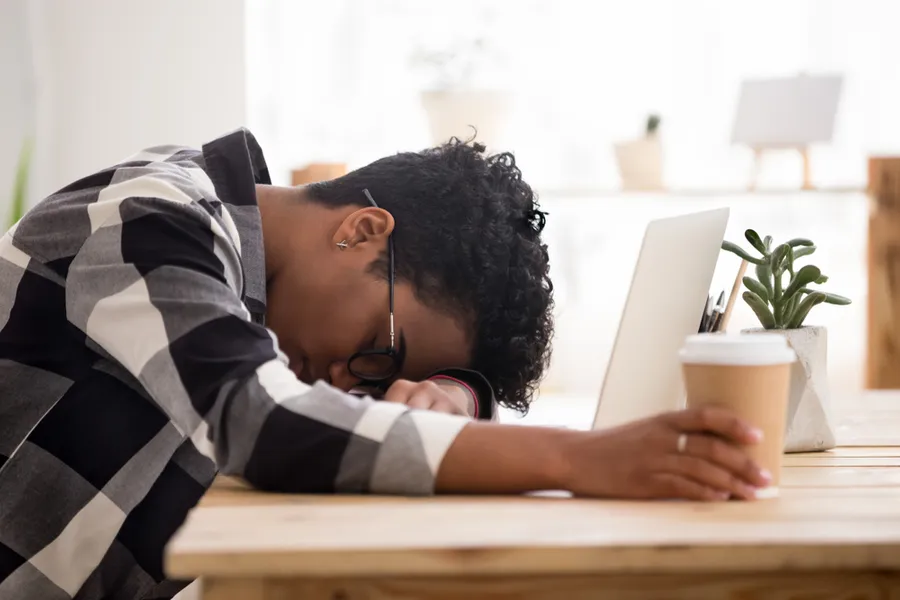Sleep Deprivation Benefited Our Ancestors, Yet Harms Us Now — But Staying Fit May Help Us Cope

Humans need less sleep than our closest evolutionary relatives. However, we often sleep less than we need.
Needing less sleep is a consequence of our ancestors’ choices to remain awake longer — a behaviour that led to evolutionary benefits. Sleeping less than we need is the result of our modern-day choices to remain awake longer, but in this case the behaviour is detrimental to our health and well-being. Our research, however, finds that fitness may be a helpful tool for coping with sleep deprivation.
Less sleep needed: An ancestral gift
Our ancestors traded sleep for productive nightly activities like exchanging cultural information to gain social and individual learning, watching for predators and strengthening bonds with peers. This learning had evolutionary benefits and led natural selection to favour shorter sleep durations. Humans are outliers, however, needing sleep for only seven hours, far less than the predicted 9.55 hours of sleep for a primate with similar traits to ours. Our ability to thrive with longer waking hours is thought to be possibly due to our highest proportion of efficient, dreamy REM sleep amongst all studied primates and brain anatomy changes that facilitate essential housekeeping functions of sleep (like removal of toxins) in a shorter span. This ancestral choice to sleep less was worthwhile (although some speculate that it may also have had drawbacks).
Countermeasures against sleep deprivation
An easy fix is to sleep more. But it is a far-fetched goal. Today, getting even an hour or two of extra sleep is challenging.
Policies must intervene to address sleep-related issues. For example: pushing the school start time later to match teens’ circadian rhythm (teens are not night owls by choice) or abolishing daylight savings, reducing work hours for essential professions, implementing evidence-based regulations for nightshift work, defining and normalizing sleep health.
But until policies change, how can we better cope with sleep loss?
Exercise caution
We cannot conclude that higher fitness is a cause of memory protection during sleep deprivation. Other healthy habits of fitter participants such as good sleep hygiene, higher cognitive reserve and healthy diet may have contributed to their better memory performance despite sleep loss.
However, animal research has shown that aerobic exercise training — which increases cardiorespiratory fitness — can protect against the detriments of sleep deprivation. These findings synergize with our own and suggest possible forward steps in dealing with the epidemic.
Compromising sleep has not served our ancestors and us equally. Nature’s incessant drive to choose sleep underscores its irreplaceability. But today, if you decide to run a wake-a-thon, it is advisable to stay fit!

Latest Articles

Does Chicken Soup Really Help When You’re Sick? A Nutrition Specialist Explains What’s Behind the Beloved Comfort Food
Preparing a bowl of chicken soup for a loved one when they’re sick has been a common practice...

Aerobic and Strength Training Exercise Combined Can Be an Elixir for Better Brain Health in Your 80s and 90s, New Study Finds
People in the oldest stage of life who regularly engage in aerobic activities and strength training exercise...

How to Overcome Repetitive Negative Thinking Through Meditation
Do you ever find yourself caught in a cycle of negative thoughts? Maybe you ruminate on past mistakes, worry excessively about the...

Can Coffee or a Nap Make Up for Sleep Deprivation? A Psychologist Explains Why There’s No Substitute For Shut-Eye
There is no denying the importance of sleep. Everyone feels better after a good night of sleep, and lack of sleep can have profoundly negative...